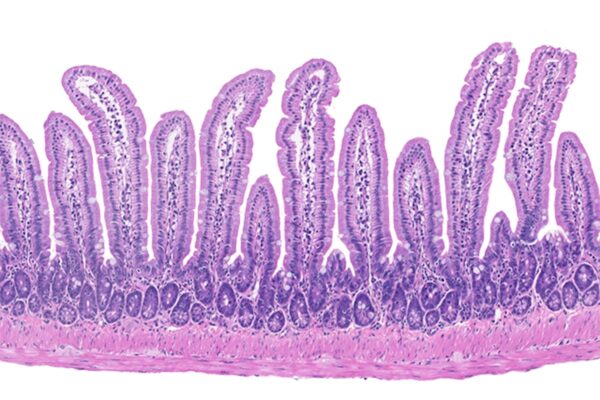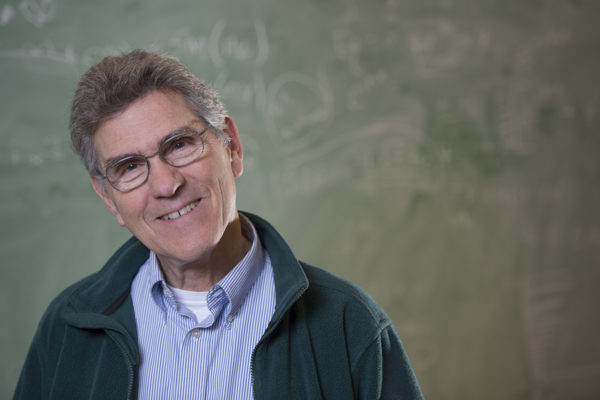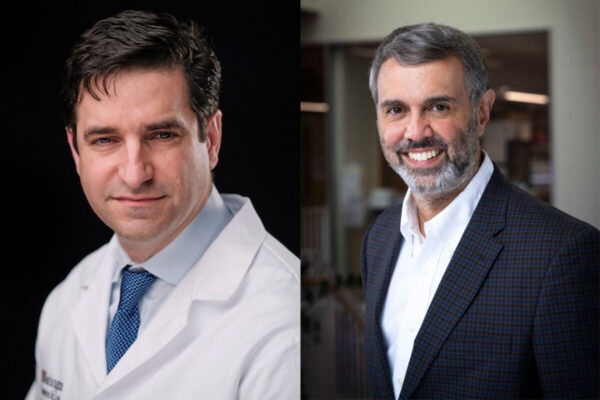Two Washington University in St. Louis faculty are among nearly 250 newly elected members of the American Academy of Arts & Sciences, one of the nation’s most prestigious honorary societies. They are physicist Carl Bender, in Arts & Sciences, and immunologist Marco Colonna, at the School of Medicine.
Founded in 1780, the academy honors exceptional scholars, leaders, artists and innovators and engages them in sharing knowledge and addressing challenges facing the world. The 2025 members were announced April 23.
Carl Bender
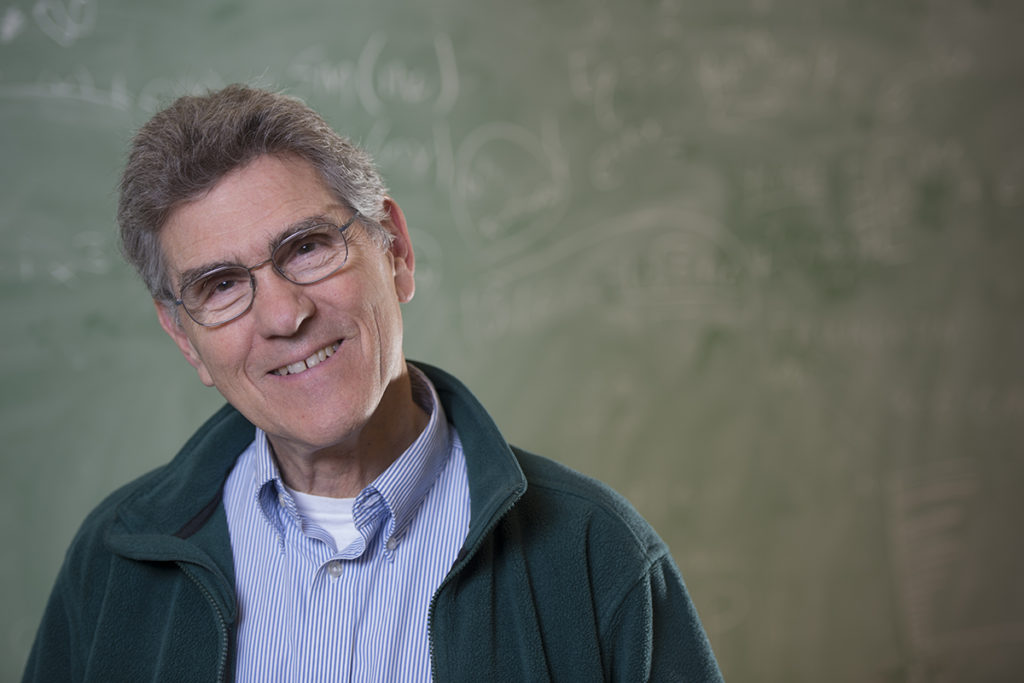
Bender, PhD, is the Konneker Distinguished Professor Emeritus of Physics in Arts & Sciences at Washington University in St. Louis. He joined the faculty in 1977.
Bender’s scholarly expertise is in mathematical physics and applied mathematics. He is an expert on the subject of asymptotic analysis, differential equations and perturbative methods and their use in solving problems of theoretical physics.
Bender is credited with creating the large and active field of PT quantum theory. In recognition of his contributions to the field, Bender won the Dannie Heineman Prize for Mathematical Physics in 2017, which is jointly awarded by the American Physical Society and the American Institute of Physics.
Bender is the co-author of two widely used textbooks, “Advanced Mathematical Methods for Scientists and Engineers” and “PT Symmetry in Quantum and Classical Physics.” He also served as editor-in-chief of the Journal of Physics A: Mathematical and Theoretical.
Bender is a fellow of the American Physical Society, the UK Institute of Physics and the Academy of Science of St. Louis; he also has received Fulbright, Sloan, Guggenheim von Humboldt and Lady Davis fellowships and the Ulam Scholar award at the Center for Nonlinear Studies at Los Alamos National Laboratory.
Marco Colonna
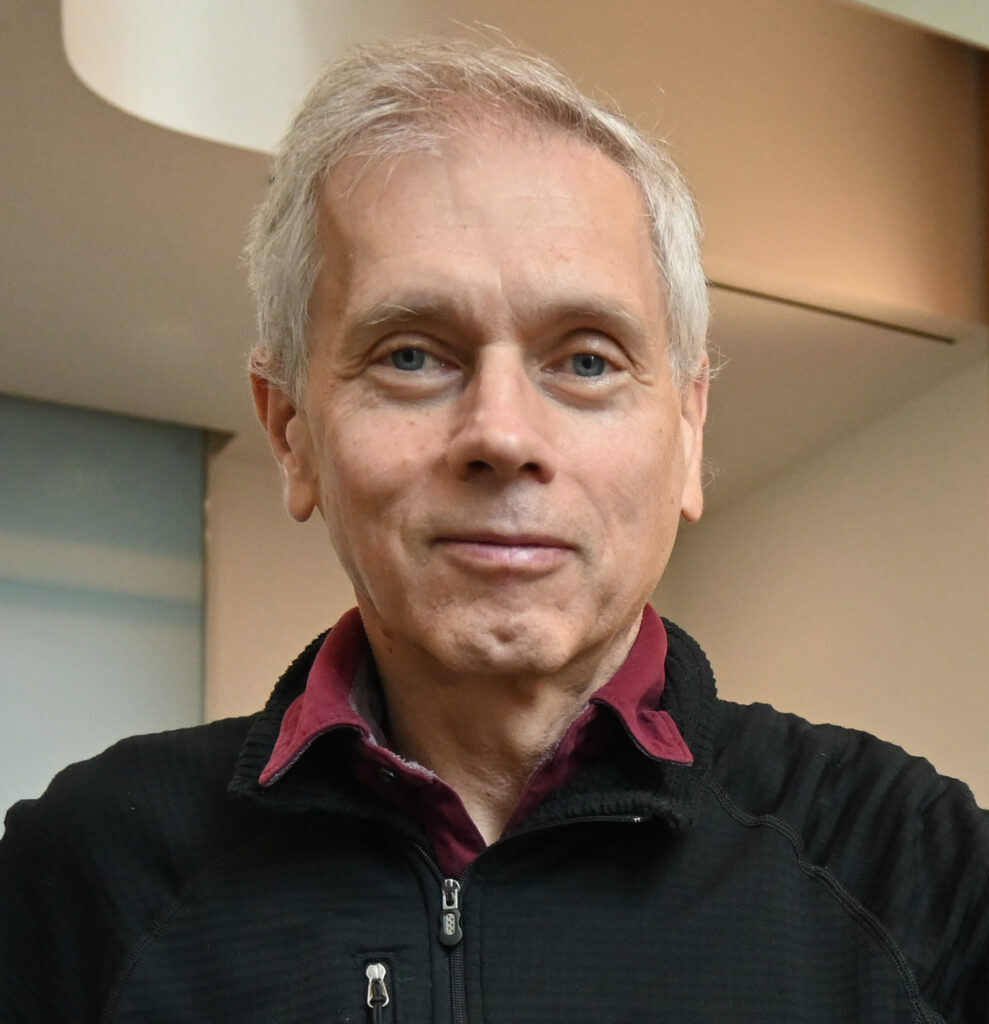
Colonna, MD, the Robert Rock Belliveau, MD, Professor of Pathology at WashU Medicine, has gained international recognition for his work studying the role of immune cells and their receptors in neurodegenerative diseases, cancer and autoimmune diseases.
Notably, Colonna identified the link between a gene called TREM2 and Alzheimer’s disease. People with certain variants in TREM2 have a higher susceptibility to the neurodegenerative disorder. Colonna discovered that without TREM2, microglia — immune cells that reside in the brain — fail to control the spread of plaques of amyloid beta, a sticky brain protein implicated in the disease. Colonna and his collaborators found that mobilizing microglia, which act as a cleanup crew, helps remove such noxious plaques.
Colonna also has studied TREM2 in the context of cancer, showing that a standard immunotherapy drug can be enhanced by blocking the protein, eliminating tumors. More recently, Colonna found in mice an important role for a small population of immune cells in the intestine in preventing food allergies.
Colonna is a member of the executive leadership for WashU Medicine’s Brain Immunology & Glia Center.
